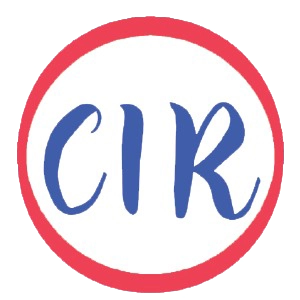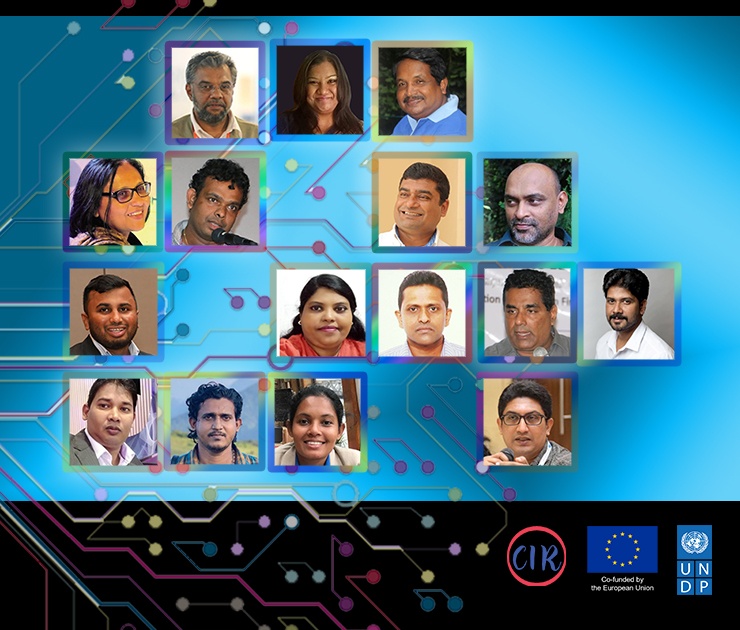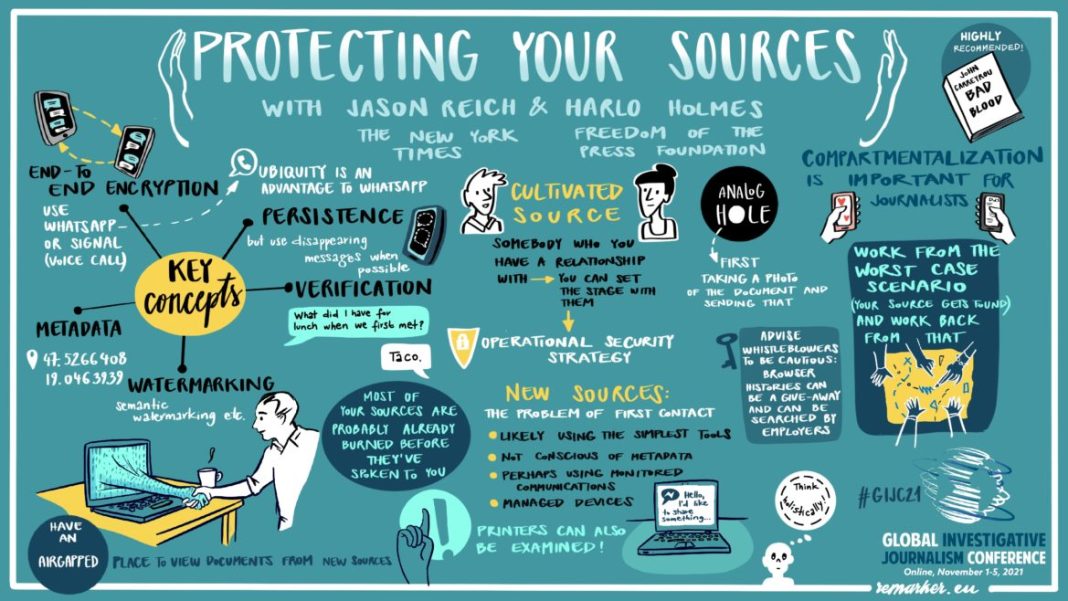Media Literacy Foundations, the flagship virtual training series by the Center for Investigative Reporting, was successfully completed recently, offering a novel experience to participants, trainers and to the overall media industry. At the end of 18 two-day sessions, 300 journalists and media enthusiasts were capacitated by 16 media trainers who were specially oriented for the successful delivery of trainings.
“I was exposed to modern day fact-checking approaches through this program which I found extremely useful to my career as a journalist. In a world where misinformation and hate speech influence media narratives, this is the kind of program that encourages journalists to take responsibility for the information they provide to society. This is a huge need. I am thankful to CIR for identifying this need and designing a program to create awareness on the value of media literacy” said Indunil Jayawardhana, a Radio Journalist at Sri Lanka Broadcasting Corporation (SLBC).
Dr. Priyangani Jayasundara, a visiting lecturer at National School of Business Management (NSBM), said she has become more careful with her social media interactions. “I have now made it a habit to check the source of any news item I come across on social media before sharing”, added Dr. Jayasundara.
“I looked forward to this workshop to update my knowledge in media literacy and media ethics. I am grateful to CIR for conducting these workshops in all three languages because it is a rare opportunity for those who want to study journalism and related topics in Tamil. I believe this is a valuable opportunity for budding journalists like me who are eagerly waiting to pursue a responsible and accountable media career” said Mohammed Asam, a young news reporter at Guru TV.
Former convener of the Free Media Movement (FMM) Chandrasekara Dodawatta, a trainer with the Media Literacy Program, said, “CIR initiated this program at a time when media literacy has become a serious need in the country.” Referring to vaccine related disinformation, Dodawatta said that the Covid-19 pandemic situation has created fertile ground for health mis/disinformation. “CIR’s Media Literacy initiative was a timely effort as all our participants were interested in understanding the disinformation landscape and how to convey truthful information”, added Dodawatta.
Media Literacy Foundations training series creates awareness on basic concepts of media literacy. The program was designed to empower media content developers and consumers with integrity tools and promote ethical components of the craft.
A notable outcome of the training series was the high engagement of women participants who formed over 1/3 of trainees.
The Media Literacy Foundations program was an important component of CIR’s “Journalism for Change” initiative supported by the United Nations Development Program (UNDP) Sri Lanka and the European Union (EU).




